This post may contain ads and affiliate links and we may earn a small commission when you click on the links at no additional cost to you. As an Amazon Affiliate, we earn from qualifying purchases. You can read our full disclaimer here.
Activities for Senior Dogs: How to Enrich Your Aging Dog’s Life
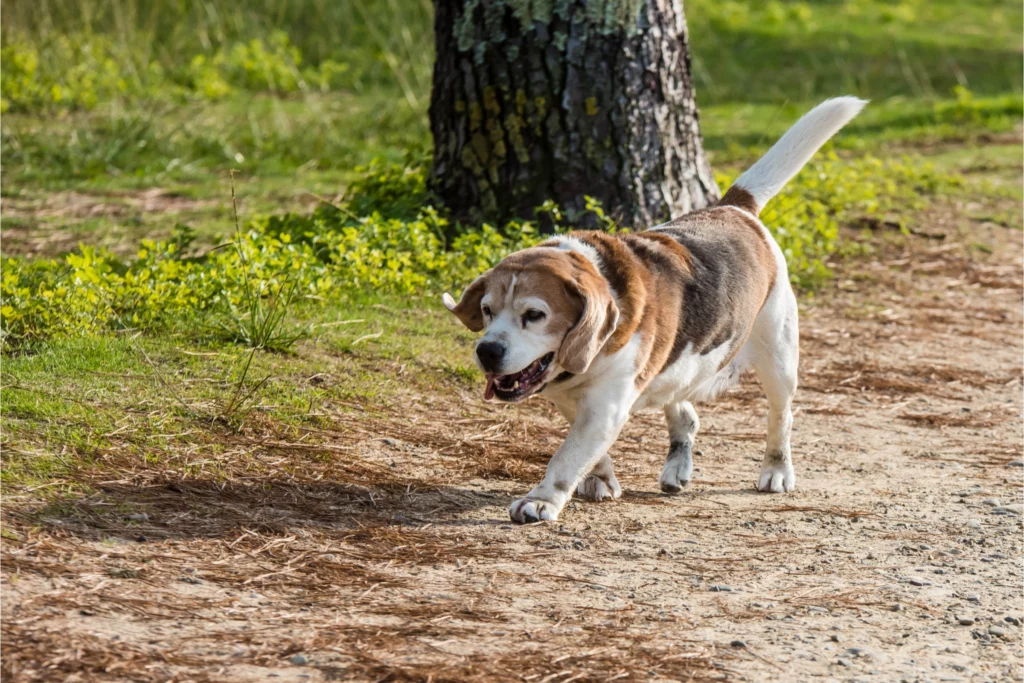
Ah, the golden years for our four-legged friends! Activities for senior dogs might not be the first thing on your mind when you think about your aging pup.
But, hey, they should be. You see, keeping your senior dog active is more than just a fun way to pass the time. It’s a necessity.
Why Activities for Senior Dogs?
First off, age is more than just a number for dogs, just like it is for us humans. As your dog ages, they’re likely to experience a decrease in energy levels.
Yep, they slow down. But that doesn’t mean they want to retire to a life of endless naps. Activity keeps both their body and mind sharp.
Then there’s the emotional angle. Dogs, especially older ones, thrive on routine and engagement. Neglecting this can lead to issues like anxiety and depression. You definitely don’t want that.
Lastly, physical activities help manage weight and muscle tone. We all know an overweight dog is a ticking time bomb for health issues. Regular activities can fend off weight gain and even ease symptoms of arthritis.
Do you have a soft spot for older dogs? Read our posts about fostering senior dogs or adopting an older dog.
Understanding Needs and Activities for Senior Dogs
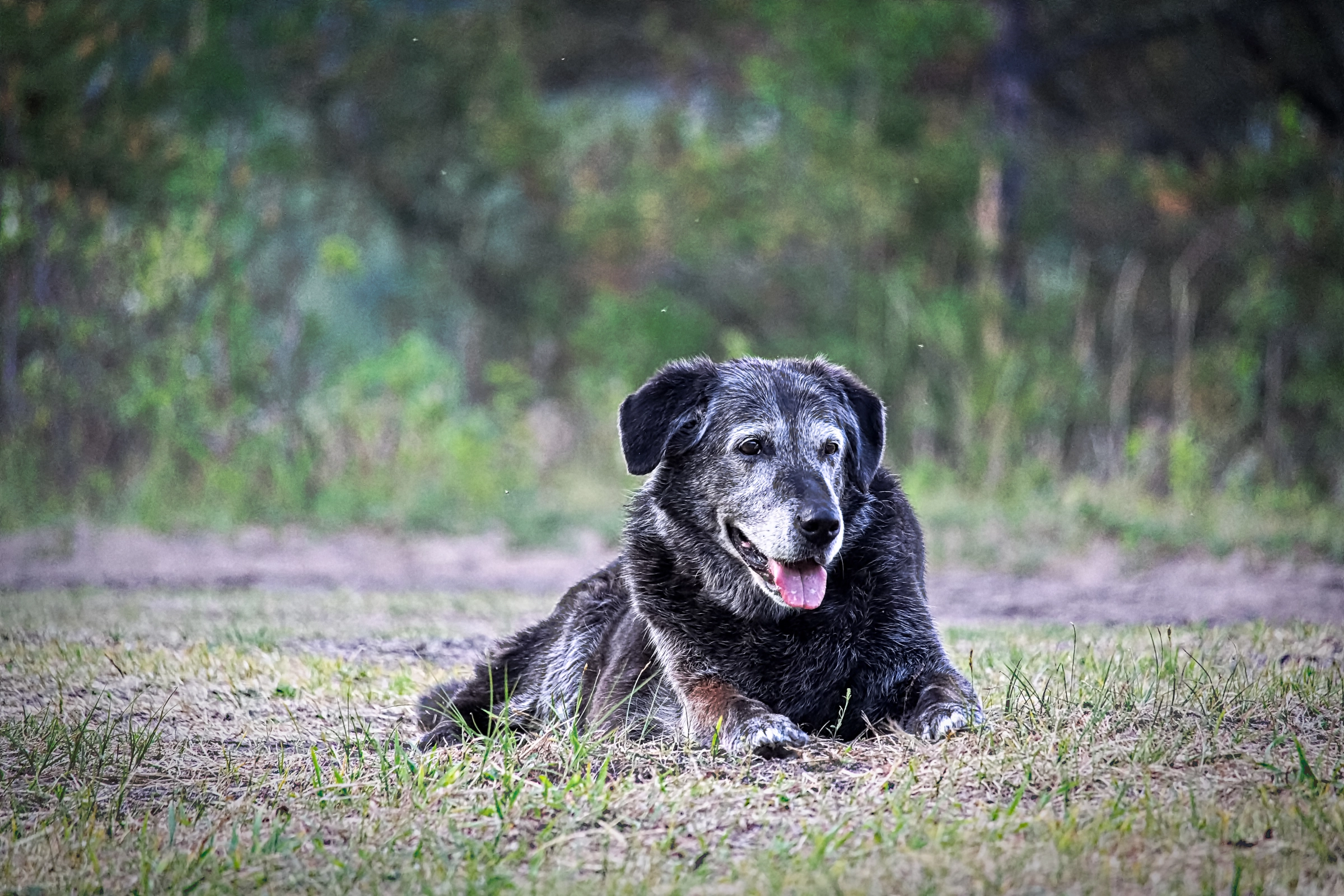
Understanding the needs of your aging canine companion is the first step to choosing the right activities for them.
With the right balance of physical and mental stimulation, you can enrich your senior dog’s life, keeping them both happy and healthy.
When is a Dog Considered “Senior”?
So, what’s the magical age that flips the switch from adult to senior for dogs? Well, it depends. Small breeds often reach senior status later, around 10 years old.
On the other hand, big breeds like Great Danes can be considered seniors as young as 5. But generally, the age of 7 is a common threshold for many breeds.
Physical and Mental Changes in Senior Dogs
Alright, let’s get into the nitty-gritty. Aging brings on a bunch of changes, both physical and mental. Here are some you might notice:
- Decreased mobility: Your dog might not sprint like a pup anymore.
- Reduced energy levels: Say goodbye to endless rounds of fetch.
- Sensory changes: Yep, dogs can get hard of hearing and even face vision issues.
You’re not just imagining it. Your dog is slowing down, and that’s perfectly normal.
Importance of Consultation with a Veterinarian
Now, onto the serious stuff. You might think you know your dog inside out. Even so, a vet’s guidance is crucial. Here’s why:
- Diagnosis: Vets can identify age-related issues you might overlook.
- Activity recommendations: They can suggest activities that are safe and beneficial for your dog.
- Medication: Sometimes, medications can help manage age-related conditions.
So, yes, keeping your vet in the loop is non-negotiable. Trust me, your senior dog will thank you.
By grasping these essential points, you’re laying the groundwork for keeping your senior dog happy and active. And isn’t that what we all want for our four-legged friends?
Physical Activities for Senior Dogs
Short Walks
Alright, let’s start with the basics: short walks. They’re like the bread and butter of activities for senior dogs. Short walks are easy on their joints but still give them a good sniff around the neighborhood.
To keep it safe, avoid hot pavements and icy paths. Always keep your dog on a leash, and watch for signs of fatigue.
Indoor Obstacle Courses
Next up, indoor obstacle courses. These can be a blast! You can use pillows, low ramps, and tunnels to set up your course. Just keep the obstacles low-impact and the courses short.
And, of course, make sure to reward your pup with a treat for every completed challenge.
Swimming
If your dog likes water, swimming can be a game-changer. It’s easy on the joints and provides excellent full-body exercise. Introduce them slowly, maybe just a paddle at first.
Always supervise your dog when they’re in the water, and consider a doggy life jacket for added safety.
No products found.
Tips for Physical Activities
Before we wrap up, let’s talk tips. Physical activities for senior dogs come with a few caveats.
- Weather: Avoid extreme temperatures. A senior dog can overheat quickly in the summer and get too cold in the winter.
- Vet consultations: Check with your vet before trying new activities, especially if your dog has health issues.
- Hydration: Keep water handy. Senior dogs can dehydrate faster than you’d think.
Mental Stimulus for Senior Dogs
Food Puzzles
First on the list, food puzzles. These aren’t just for puppies or brainy breeds; senior dogs love them too. You’ve got options: treat balls, maze feeders, or DIY puzzles made from household items.
The benefits? They challenge your dog’s brain and can slow down their eating, which is good for digestion.
No products found.
Scent Games
Now, let’s talk scent games. You can make this as simple or as complex as you like. Hide treats around a room or even in a specific toy.
Why do this? It engages your dog’s natural sniffing and hunting instincts. Plus, it’s a low-impact way to keep them moving.
Basic Training or Trick Learning
Yes, you can teach an old dog new tricks, or at least refresh some old ones. Clicker training works well, as do treats. Keep it simple.
Sit, stay, paw—these commands are not only easy for your senior dog to follow but also give them mental exercise.
Interactive Toys
Last but not least, interactive toys. Think treat-dispensing toys or even automated laser toys that can move around. These toys engage your dog mentally and can even offer some light physical activity.
Just remember to supervise playtime to make sure your senior pooch is safe.
Mental activities like these don’t just pass the time; they enrich your senior dog’s daily life. Food puzzles engage their brain, scent games tap into their natural instincts, and basic commands offer mental challenges.
Add some interactive toys to the mix, and you’ve got a well-rounded mental workout for your aging friend.
Social Activities for Senior Dogs
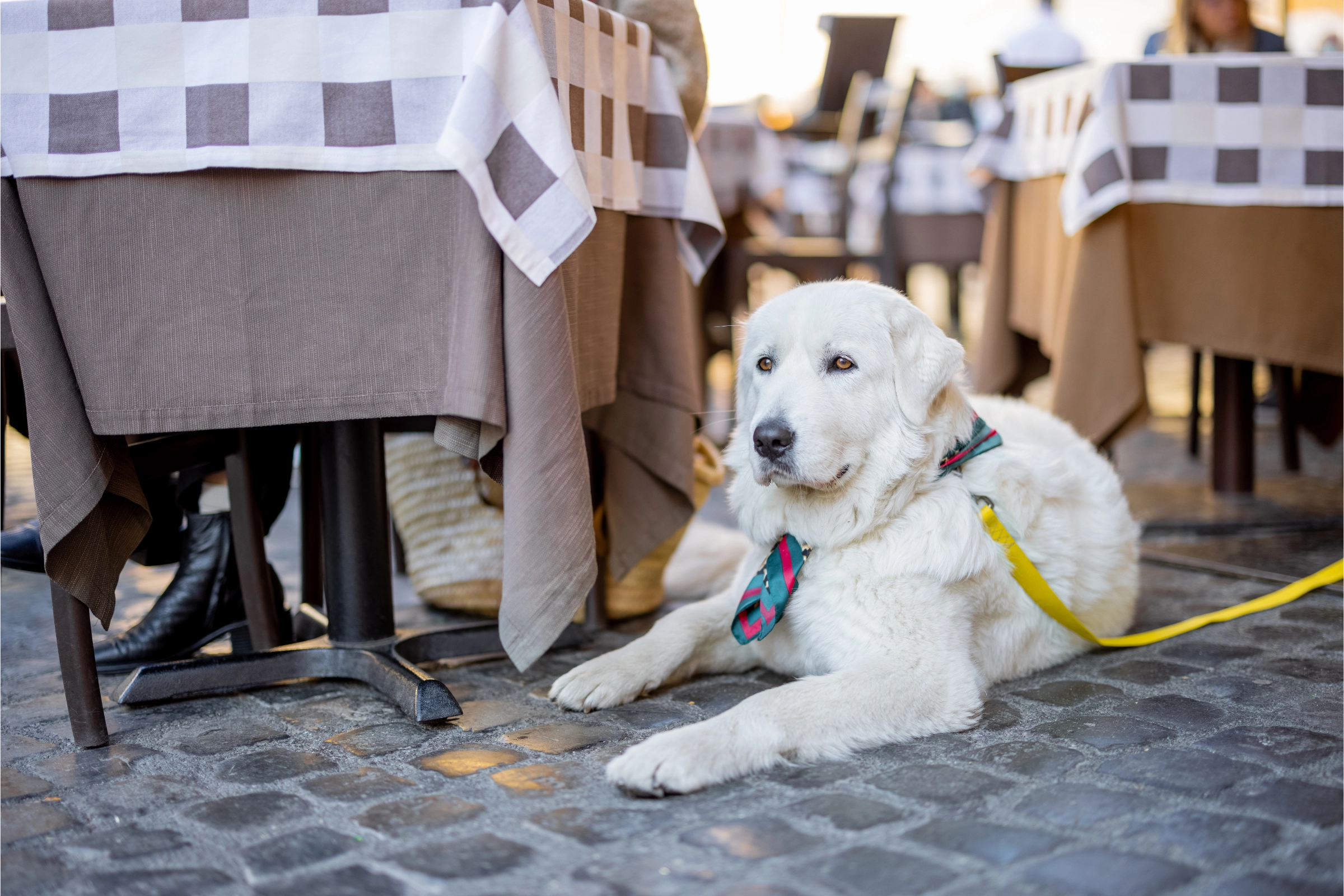
Doggy Playdates
First up, doggy playdates. Organizing a playdate isn’t rocket science, but there are things to consider. Choose a playmate your senior dog is comfortable with and pick a familiar, safe location.
Watch out for signs of stress or overexertion, like excessive panting or disinterest.
Family Time
Next, we have family time, and it’s as crucial for dogs as it is for humans. Spending quality time with family can alleviate anxiety and boost your senior dog’s mood.
Whether it’s a cuddle on the couch or a simple petting session, this bonding time is golden.
Visits to Dog-Friendly Places
Finally, consider visits to dog-friendly places. A change of scenery can do wonders for your dog’s mental state. So where can you go? Here are some suggestions:
- Local dog parks: Choose ones with separate areas for smaller or older dogs.
- Pet-friendly cafes: Enjoy a coffee while your dog socializes.
- Beaches: Some beaches welcome dogs, especially during off-peak times.
- Nature trails: Keep it short and sweet to match your senior dog’s pace.
- Outdoor markets: As long as dogs are allowed, these can be fun outings.
- Dog-friendly hotels or resorts: If you’re up for a mini-vacation.
Just keep your dog leashed and make sure the location suits their physical abilities.
We’ve had some great stays in Loew’s Hotels and even LaQuintas with our two senior dogs!
Do’s and Don’ts for Senior Dog Activities
List of General Guidelines for Activities
When it comes to activities for senior dogs, a few guidelines can go a long way. Here’s a quick rundown of the do’s and don’ts:
- Do consult your vet before starting any new activity.
- Do keep water handy during physical activities.
- Do pay attention to weather conditions.
- Don’t push your senior dog beyond their comfort zone.
- Don’t ignore signs of fatigue or discomfort.
- Don’t choose activities that are too physically demanding.
These general pointers aim to keep your senior dog safe and happy during their golden years.
Importance of Monitoring for Signs of Stress or Discomfort
Monitoring for signs of stress or discomfort is not just a suggestion; it’s a must.
Keep an eye out for excessive panting, limping, or a sudden loss of interest in the activity. These could be red flags that your senior dog is not enjoying themselves or may even be in pain.
Being observant and following these guidelines can make activities for senior dogs a joyful and enriching experience for both of you.
My Personal Experience: Life with Two Senior Dogs
As a proud pet parent of two senior dogs—an 11-year-old Golden Retriever, Daisy, and a 10-year-old Goldendoodle, Gunner, I can attest to the joys and challenges of caring for aging canines.
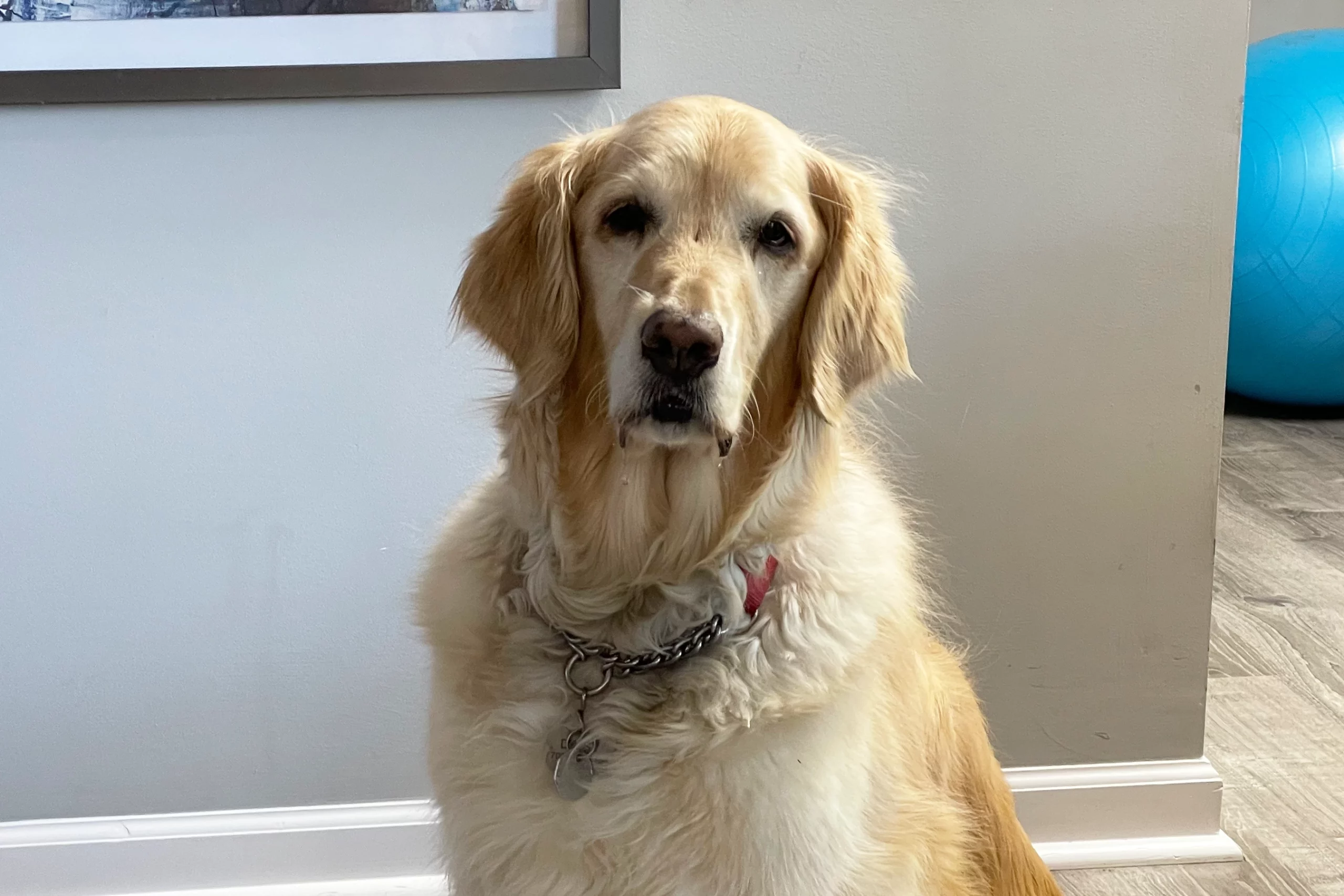

They may be getting up there in years, but let me tell you, their spirits are as young as ever.
The Unique Needs of Each Breed
Even though both are considered “golden” in one way or another, they have unique needs. My Golden Retriever tends to have joint issues, a common ailment for the breed.
On the other hand, my Goldendoodle is a bundle of energy but faces some digestive concerns and a sensitive stomach. Tailoring activities that suit each of their needs is a constant balancing act.
The Shared Experience of Aging
Despite their differences, some things are universal in the realm of senior dog care. Both have slowed down compared to their younger days, but their enthusiasm for life hasn’t waned.
Simple activities like short walks and scent games go a long way in keeping them both active and engaged. They both love when I play hide and seek with them!
Lessons I’ve Learned
Here’s a bit of wisdom I’ve gathered from my time with them:
- Never underestimate the value of regular vet check-ups.
- Individualize activities to match each dog’s physical condition and temperament.
- Keep an even closer eye on them as they age, especially during activities, to ensure they’re comfortable and enjoying themselves.
Having two senior dogs has taught me the importance of adapting to their evolving needs while still keeping their lives as joyful and enriching as possible.
And trust me, the love and loyalty they give in return make every moment worth it.
Wrapping Up Activities for Senior Dogs
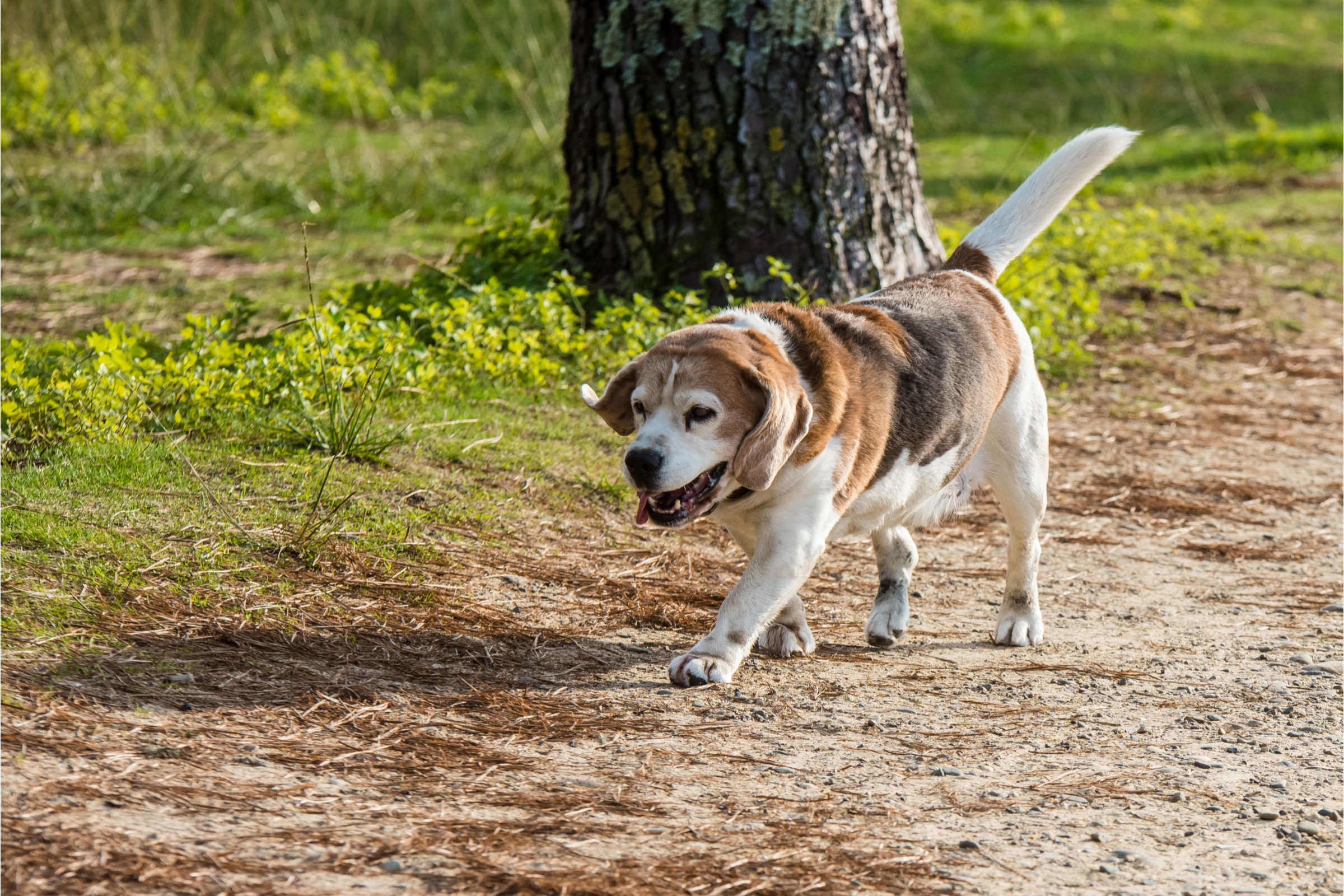
So there you have it—a comprehensive guide to keeping your senior dog active, engaged, and most importantly, happy. From physical activities like short walks and swimming to mental challenges like food puzzles and scent games, there are numerous ways to enrich your aging furry friend’s life.
Let’s not forget the value of social activities, either. Playdates, family time, and outings to dog-friendly places can make a world of difference in your senior dog’s well-being.
But remember, every dog is unique. Always consult your vet before diving into new activities and keep an eye out for signs of stress or discomfort.
Activities for senior dogs aren’t just about killing time; they’re about enhancing the quality of life during these precious golden years. And really, our senior pups have earned that, haven’t they?
-

Coffee Mug – In Dog Coffees I’ve Only Had One
Price range: $11.95 through $14.95 Select options This product has multiple variants. The options may be chosen on the product page
